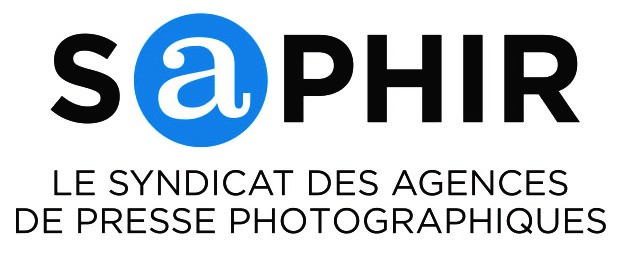The Open Internet Project (OIP) works to make the Internet a neutral environment for users. After Le Figaro released an article highlighting the damaging impact Google had on numerous industries the OPI have made it their new campaign to challenge the Internet powerhouse (see original article here). The OIP is trying to stop this major search engine from continuing to run a biased online experience that encourages users to use Google services. This is an official starting statement from the OIP about the issues and their objectives.
Google’s copying of rivals’ endeavours has a long history. For instance, in the sector of price comparison services, Google copied the business model of leading companies to develop its own comparison service called “Froogle”. When Froogle struggled to take off, Google renamed the service to “Google Shopping” and simply put it to the top of all search results for queries from internet users and pushed rival services down in results pages: within a few years the latter were decimated, and Google’s service became the new world leader.
Google investigated
The European Commission investigated this flagrant practice for more than 7 years. Ultimately, under the leadership of Margrethe Vestager, the Commission imposed a fine of 2.3 billion euros and requested Google to bring the unfair practice to an end. In addition to the fact that no victim has so far received any compensation for the devastating damage suffered, in order to “remedy” its abuse, Google implemented a system that still allows its own service to take the top position in 99% of searches. Moreover, and unsurprisingly, Google appealed the Commission’s decision before the European Court of Justice.
Given Google’s strategy of sending thousands of terabytes of data to support its defence, Europe has no other option than to confront Google with years of litigation, while the unfair practices continue to destroy entire markets, one after the other. Thus, from Google’s perspective, everything is going well – so why stop there?
Issues caused by Google Images
Regarding photos, through “Google Images” Google offers photos to consumers free of charge and ready to download with just one click. Despite the signing of a recent partnership with the largest global image bank, a large majority of the indexed pictures are taken from websites of photo agencies, photographers or publishers, as well as from clients websites without watermark. Those who seek to market them are now cut off their audience. This free service is beneficial to the consumer, some are arguing. Well, if that argument holds, why not just open a Google checkout in supermarkets to give away all the goods of producers … for the “good of the consumer”? Yet this is exactly what image providers are facing. They see their images being freely redistributed and commercially used on the internet, without any form of compensation or authorisation mechanisms.
“Google keeps users
to itself,and no longer plays the role of an
intermediary to direct users to the vast
wealth of Internet websites.”
Google and tourism
Another example is tourism establishments. For a long time now, Google has been selling keywords related to hotels and restaurants to Booking.com and Expedia, these establishments can no longer even get their own sites to appear in search results. Google collects billions in revenues from these sales, with nothing given to those who actually own the brands being sold. What is the name for selling property belonging to others without their consent?
Users stay on Google
How about Google providing users with text snippets of press articles which summarise most of the information contained in those articles, thereby rendering it unnecessary for them to click through to the publisher’s site in order to read the articles? Rather than, for example, leading users to a press publisher’s site to understand how personalised housing aid (APL in France) works, Google will deliver to its users the main contents of the publisher’s analysis, enriched with “frequently asked questions” providing additional details … always without requiring the user to visit the site containing the valuable information … which paid the experts in question.
Google keeps users to itself, and no longer plays the role of an intermediary to direct users to the vast wealth of Internet websites. It captures them and directly offers content produced by others, depriving them of their intellectual property rights. Thanks to “Google Home”, Google is even able to read out aloud any answers to a user’s query in its living room. Answers that Google will never have taken the trouble to produce, but which it found elsewhere and knows very well how to take advantage of! Such practices allowed Google to become a company with more than $700 billion of market capitalization…
Google hogs internet advertising
Thanks to all this information that is “offered for free”, purportedly for the greater good of the consumer, Google is able to capture the presence of internet users on its sites for ever increasing lengths of time. Users no longer need to visit the sites which actually produce the information. This has enabled Google, alongside Facebook, to capture close to 80% of advertising revenues on the internet (and 90% on mobile) in France. That represents 2.7 billion euros in 2017. With 92% of new revenues in digital advertising being shared between Google and Facebook, in 2017 they captured almost the entire growth of the only expanding segment in advertising.
The practices described above can be viewed as abuses of dominance, leading to unfair competition. They could be stopped by the European Commission within just a few weeks if the authority was empowered to impose interim measures to immediately bring an anti-competitive conduct to an end.
Léonidas Kalogeropoulos
President of Médiation et Arguments and
Delegate General of the Open Internet Project (OIP), a European association founded in 2014 to fight abuses of dominant position on the European digital market. The OIP is complainant in the Google Search (Comparison Shopping) and Android cases.
















